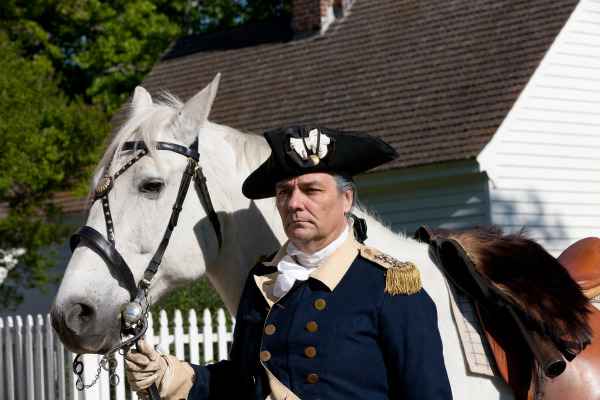 Peter Henriques is Professor of History Emeritus at George Mason University and author of “Realistic Visionary: A Portrait of George Washington.” Professor Henriques will be delivering three lectures on different aspects of Washington’s life in October, and three more in spring 2016 (details below).
Peter Henriques is Professor of History Emeritus at George Mason University and author of “Realistic Visionary: A Portrait of George Washington.” Professor Henriques will be delivering three lectures on different aspects of Washington’s life in October, and three more in spring 2016 (details below).
In advance of his visit to Williamsburg, we asked for his perspective on Washington as a person, a politician, and a military man. Here’s what he had to say.
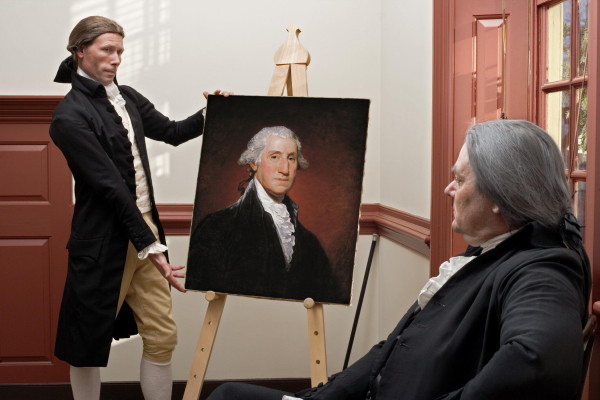 CW: Washington always seems so serious. Just how stiff was George?
CW: Washington always seems so serious. Just how stiff was George?
Peter: While Washington cultivated a certain distance and reserve as part of his technique of leadership, he was anything but a wooden personality. James Madison rightly noted, “The story so often repeated of his never laughing . . . is wholly untrue; no man seemed more to enjoy gay conversation, though he took little part in it himself.”
Washington was no raconteur like Lincoln or Reagan, but he had a sense of humor, often an earthy sense of humor. There is an amazing letter of him speaking about a military companion marrying at an old age. Washington said he trusted that his friend had checked his arms and ammunition before the engagement, but if not he hoped that he would make his first onslaught upon his fair lady with vigor, that the impression may be deep if not lasting or frequently renewed!
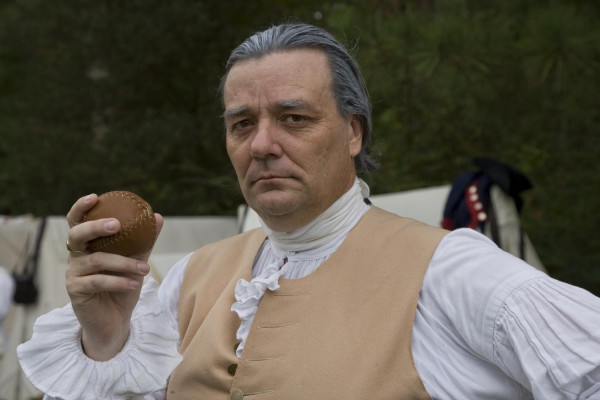 CW: So he’s got a sense of humor. Was he a guy with hobbies?
CW: So he’s got a sense of humor. Was he a guy with hobbies?
Peter: As a Virginia gentleman, Washington enjoyed the private pleasures of the gentry elite. He entertained and was entertained, almost nonstop. He went to horse races, boat races, and barbecues. He danced at balls and attended the theater. He played at cards, billiards, and backgammon. He hunted and fished. And he served his friends with affection and generosity.
I would say that fox hunting was his favorite recreation in the years before the war. He hunted year round, especially the winter. In January and February 1768 he “went a fox hunting” fourteen or fifteen times and would have gone more were it not for bad weather. Of course, no man enjoyed his garden and improving Mount Vernon more than George Washington.
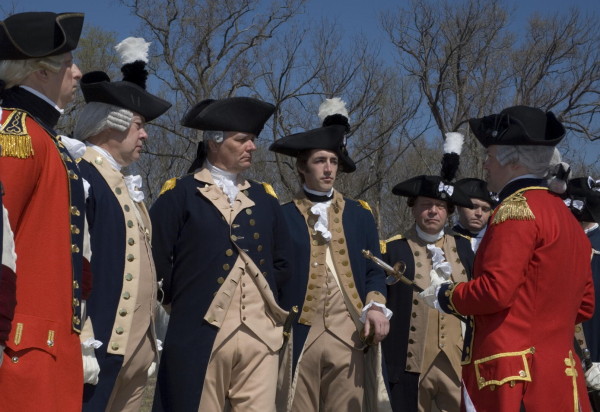 CW: How was Washington as a military commander?
CW: How was Washington as a military commander?
Peter: Washington was not great military leader like a Caesar, or Alexander the Great, or a Robert E. Lee. He often made tactical errors and drew up complicated battle plans that proved hard to carry out. He lost many more battles than he won. Yet, he emerged victorious.
One of his greatest assets, if not his greatest asset, was his judgment. It was the core of his genius. His overall strategic sense was much better than his tactical strength. He recognized that ultimately the war was for the “hearts and minds” of the American people (the phrase came later), and Washington was a remarkable unifying force for the American cause, especially in his dealings with our French allies.
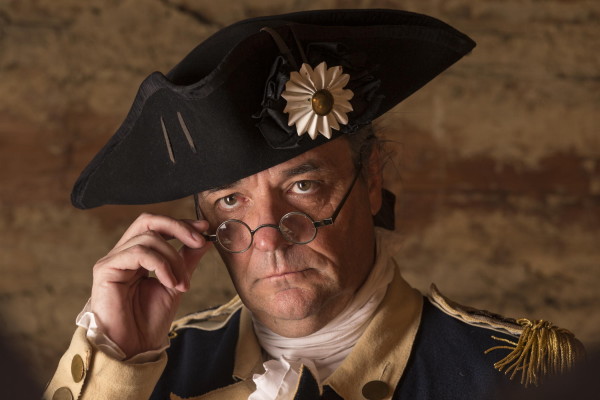 CW: Let’s talk about his politics. Did Washington’s outlook change over time?
CW: Let’s talk about his politics. Did Washington’s outlook change over time?
Peter: From the time of the American Revolution, Washington’s political philosophy changed relatively little. He was, of course, a committed republican (with a small “r”), but a fairly conservative republican. He would agree with “government of the people and for the people” but not “government by the people.”
The American Revolution convinced him of the necessity of a strong central government if America was to be one nation. The very parochialism and spirit of liberty that many thought essential to the preservation of American freedoms was potentially a lethal virus within the American body politic capable of destroying the American union and eventually liberty itself.
So Washington’s paradoxical, yet remarkably prescient, position was that a strong national union was the best way to preserve the rights and liberties of large and small state governments as well as the people.
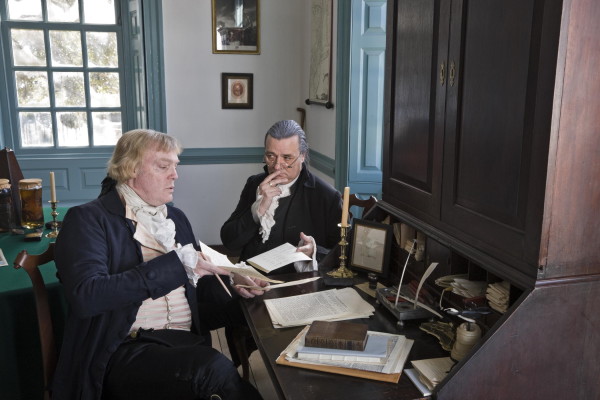 CW: What do you see as the biggest misconception Americans have about Washington today?
CW: What do you see as the biggest misconception Americans have about Washington today?
Peter: I think that by far the biggest misunderstanding of Washington is that people tend to see him as a figurehead, an impressive looking guy but dominated by more brilliant men like Alexander Hamilton who is viewed as the real power of the Washington administration, somewhat like many people view Dick Cheney as the driving force of the George W. Bush administration.
I think the main perpetrator of this view is Thomas Jefferson (and remember, most historians are Jeffersonian). Jefferson had to deal with the fact that a man he admired (Washington) often followed the policies of a man he despised (Hamilton). He ultimately rationalized that fact by coming to view Washington as an old man with failing intellectual power – a decent man deceived by an evil man. In fact, the force of Washington’s personality is the most unappreciated aspect of the man. Washington was no man’s puppet.
Professor Henrique’s lectures will all take place at the Art Museums’ Hennage Auditorium at 5:30 p.m. Copies of his book will be available for signing. Follow the links for more details and to make your reservations:
- Tuesday, October 6 The Early Years of George Washington’s Life
- Wednesday, October 7 George Washington and the French & Indian War
- Wednesday, October 14 George Washington and the Coming of the Revolution


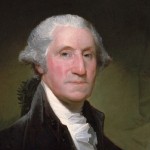
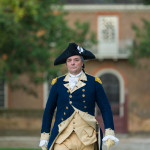
Leave a Reply